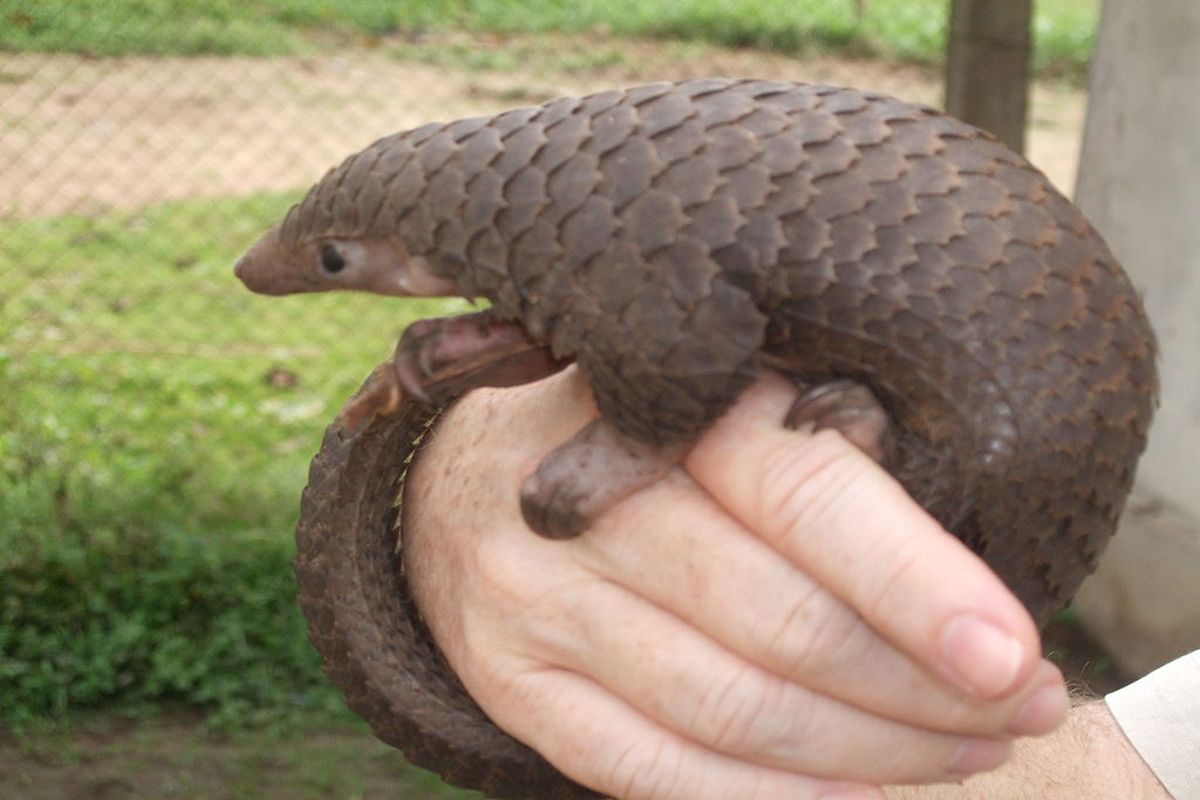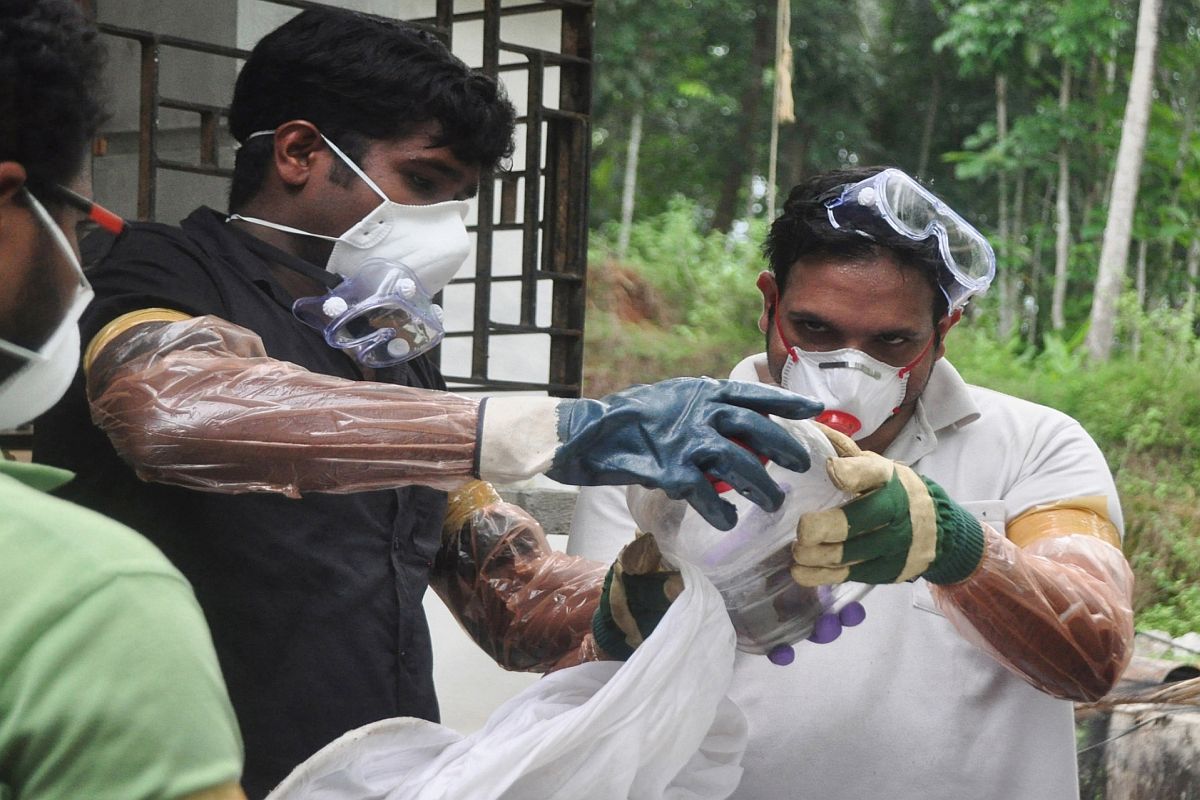Four arrested for killing bats for meat in K’taka
The Karnataka forest department sleuths have arrested four persons in connection with killing of eight bats for meat in Tumakuru district, said officials on Monday.

The Karnataka forest department sleuths have arrested four persons in connection with killing of eight bats for meat in Tumakuru district, said officials on Monday.

"Each zoonotic spillover of a novel virus represents an opportunity for evolutionary adaptation and further spread; therefore, quantifying the extent of this 'hidden' spillover may help target prevention programmes,"

At present, all the eight existing pangolin species in the world have been listed as endangered species in their respective countries and regions, Sun Quanhui, a scientist from the World Animal Protection, told Global Times on Friday.

The condition of the 23-year-old youth who continues to be treated at a ward at Kalamassery hospital near Kochi is said to be stable.

A youth who was being treated near Kochi was confirmed to have contracted the virus after a positive report by the National Institute of Virology, Pune.
Echolocation by animals, like bats and dolphins, proves consistently better than artificial methods but their prey have developed unique defence mechanisms too.
Putting the state on high alert, the Himachal Pradesh Health Department has issued advisory on Nipah virus. The advisory came…
Fear had gripped the area as deaths due to Nipah virus are being reported in Kerala.
It is feared that the virus may spread to other states as well. Alerted by the rising toll in Kerala, the Goa health department has asked all hospitals to remain alert.
A new self-contained robot that mimics the key flight mechanisms of bats has been developed by scientists. Researchers at the…